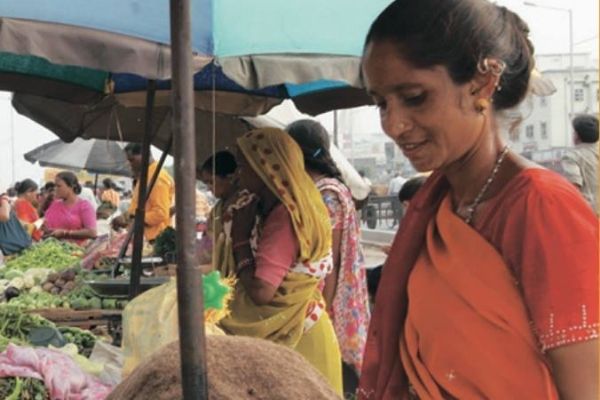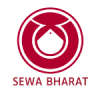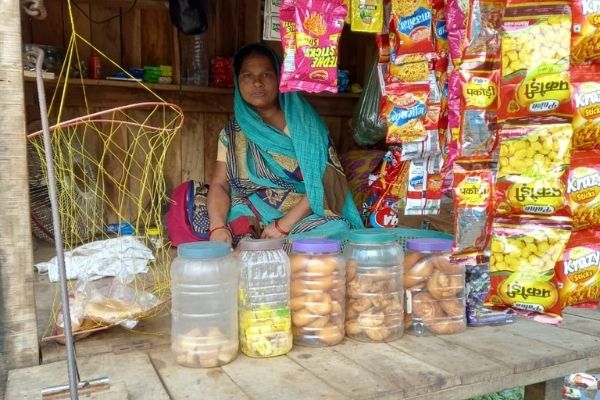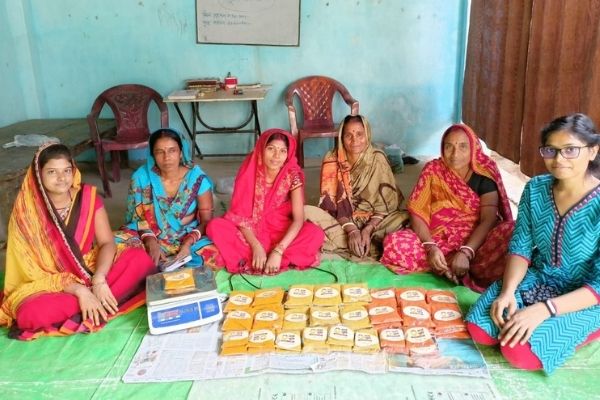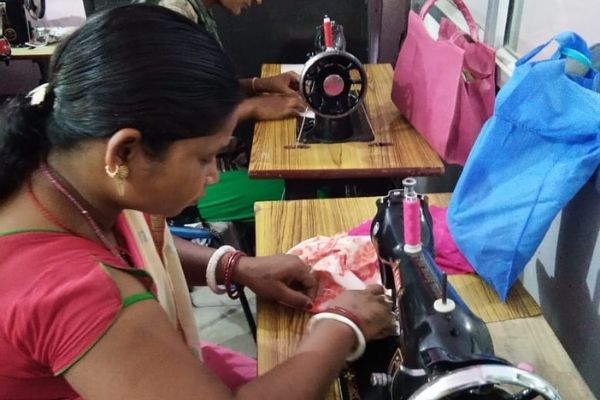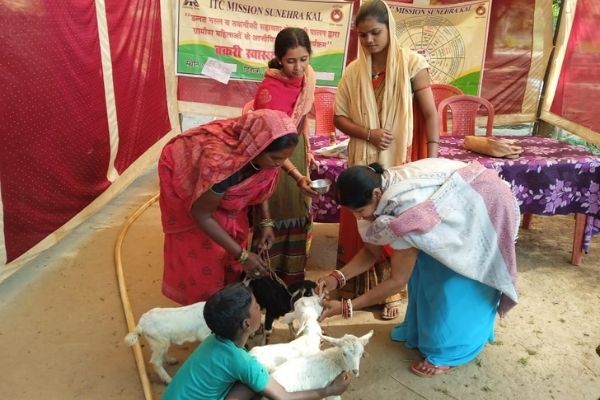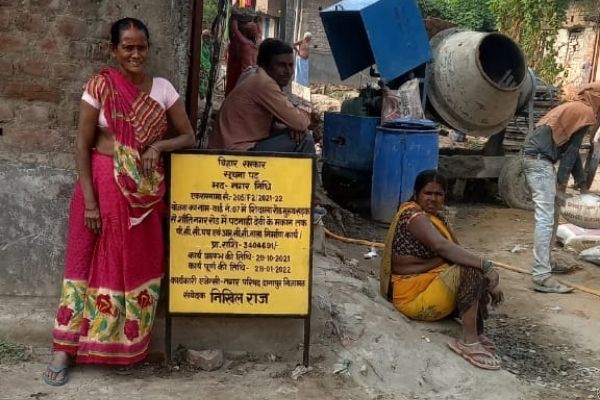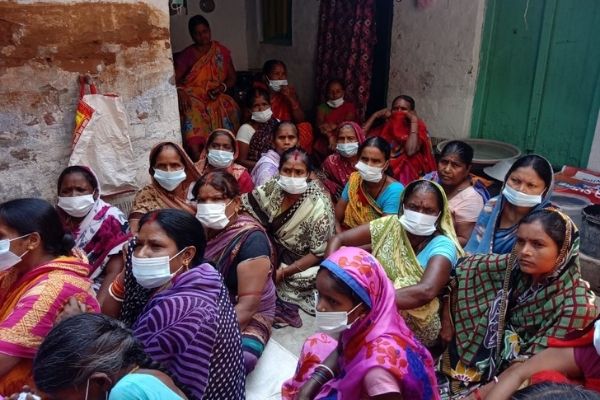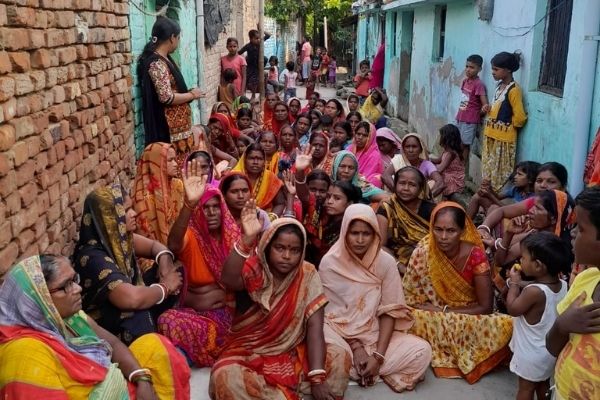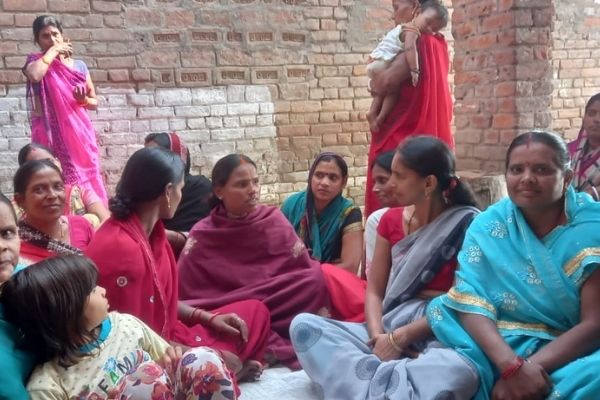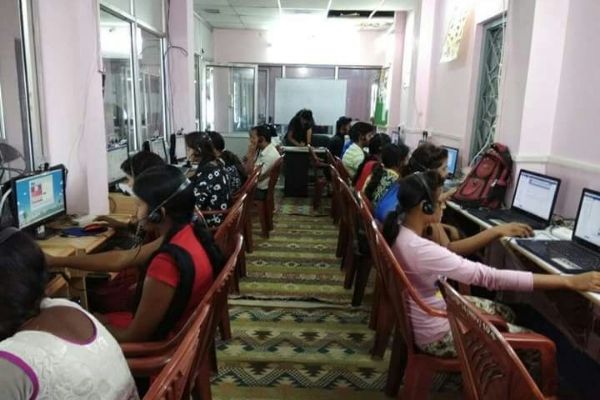SEWA Bharat’s History in Bihar
Bihar registered the lowest female labour force participation rate (LFPR) at merely 4% in rural areas and 6.5% in urban areas. One of the reasons for such a low level of Female Work Participation Rate in Bihar has been the definational complexities of their work that accentuate the problem of undercounting them in the labour force.The distribution of workers by status of employment suggests that 40% of female workers in Bihar were self-employed, either as own account workers (32.3%) or as helpers in household enterprises (7.7%). The primary sector continues to provide bulk of the employment opportunities. The agriculture, forestry and fishing sector absorbed 66.8% of female workers.
SEWA’s history in Bihar dates back to the early 1980s, with the Gandhi Peace Foundation in Bhagalpur. Back then, Bhagalpur was famous for its silk work and almost 70% of SEWA’s membership came from silk weavers’ families. Women were reluctant to come out of their houses. SEWA Bihar’s first challenge was to organize women and recognize their work at the household and policy level.
SEWA Bihar primarily works with home-based artisans, handloom weavers, domestic workers, farmers and agricultural producers, construction workers, vendors, and domestic workers.
Major Trade Groups
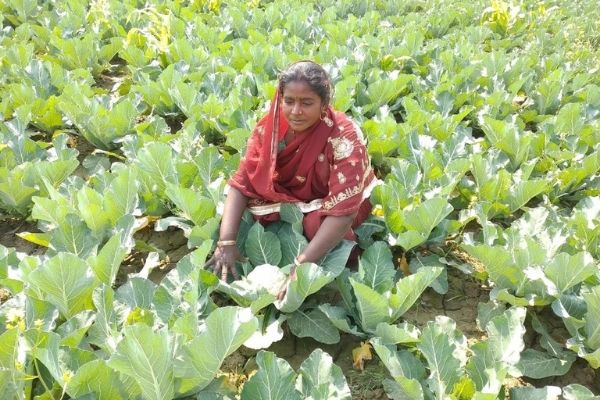
Agri & allied Workers
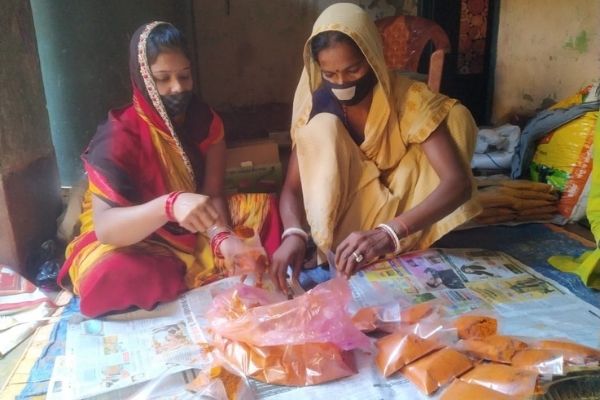
Home-based Workers
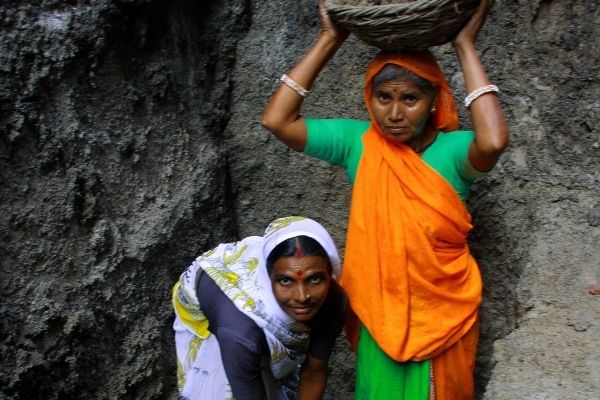
Construction Workers
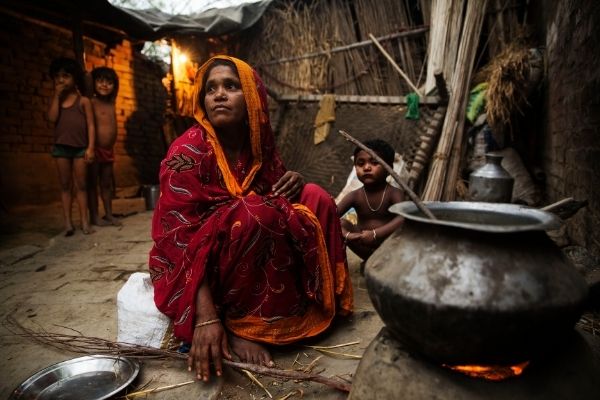
Domestic Workers
